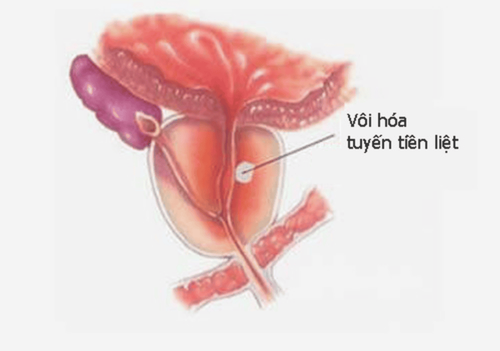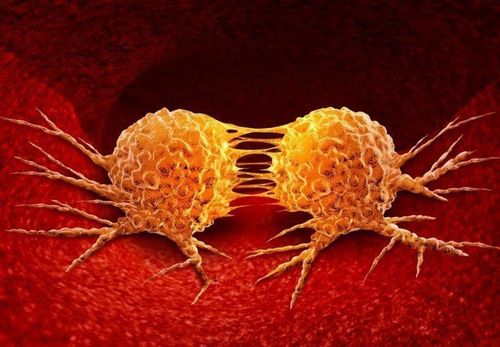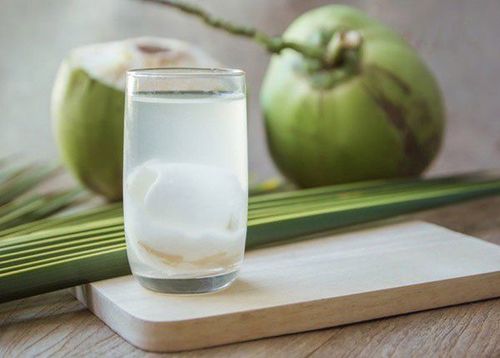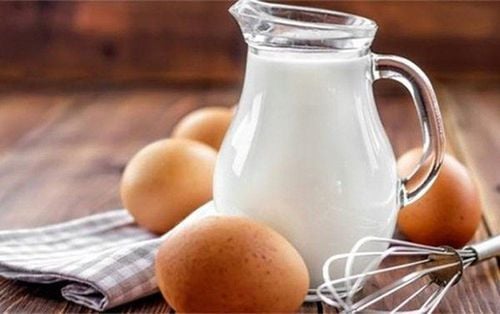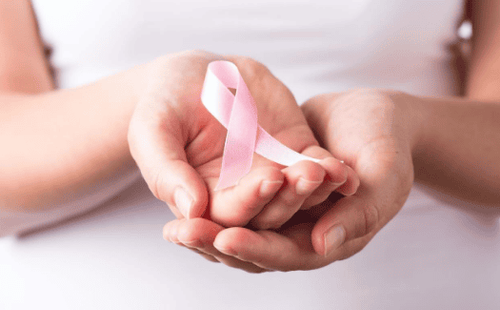Numerous studies have explored the relationship between milk consumption and cancer. Some research suggests that milk may help protect the body against cancer, while other studies indicate that milk could significantly contribute to increased cancer risk. The most commonly consumed dairy products include milk, cheese, yogurt, cream, and butter.
1. Should people with colorectal cancer drink milk?
Colorectal cancer is also known as colon cancer. The disease is caused by the abnormal growth of cells that invade or spread to other parts of the body. This is one of the most common cancers in the world.
Colorectal cancer can be caused by various factors, with diet being one of the most significant. A diet high in fatty foods and animal meat can increase bile acid levels, which alters the intestines' bacterial composition. These intestinal bacteria can then convert bile acids into toxic substances that may lead to cancer. Additionally, a diet low in vitamins and fiber further contributes to the increased risk of this disease.
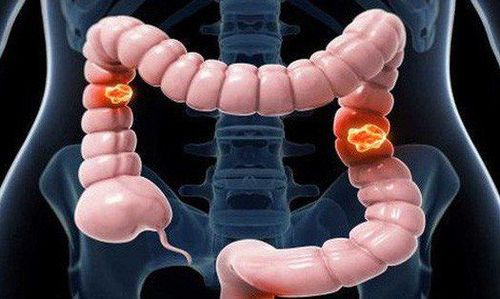
These components include:
- Calcium
- Vitamin D
- Lactic acid bacteria, found in fermented milk products such as yogurt
2. Should prostate cancer patients drink milk?
Prostate cancer is a type of cancer that develops in the prostate gland, situated just below the bladder in men. This gland's main function is to produce and store semen. Prostate cancer is the most common cancer among men in Europe and North America.
Cancer cells can spread from the prostate to other parts of the body, particularly the lymph nodes and bones. Symptoms of prostate cancer may include pain, difficulty urinating, issues with sexual intercourse, and erectile dysfunction.
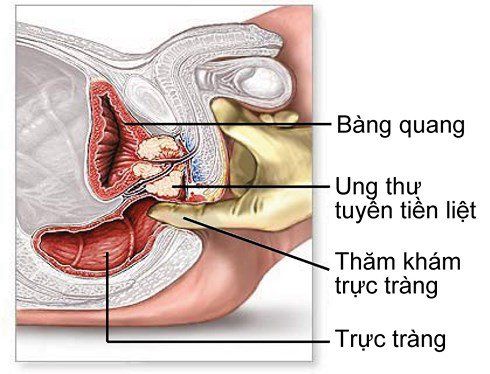
Most large studies show that high milk consumption may increase the risk of prostate cancer. Milk is a complex liquid that contains various bioactive compounds. Some of these compounds may offer protection against cancer, but other components of milk might have negative effects on individuals with prostate cancer. These include:
- Calcium: Calcium in milk increases the risk of prostate cancer.
- Insulin-like growth factor 1 (IGF-1): High levels of insulin cause health problems and increase the risk of prostate cancer.
- Estrogen hormone: reproductive hormone in the milk of pregnant cows can stimulate the growth of prostate cancer.
3. Should people with stomach cancer drink milk?
Stomach cancer is the fourth most common cancer worldwide. It can develop in any part of the stomach and may spread throughout the stomach or to other parts of the body, such as the lungs, lymph nodes, liver, and esophagus. Annually, there are approximately 800,000 deaths attributed to stomach cancer globally.
Common symptoms of stomach cancer include heartburn, indigestion, abdominal pain, loss of appetite, discomfort in the epigastric region, nausea, bleeding, bloating, and weight loss.
Currently, there is insufficient evidence to suggest that milk increases the risk of stomach cancer. Generally, the primary dietary goal for cancer patients is to select soft, liquid foods that are high in nutritional and energy content. Milk is considered a valuable food source, as it contains essential nutrients that the body requires.
Milk includes protective components such as conjugated linoleic acid (CLA) and certain probiotic bacteria found in fermented milk products. Additionally, it is rich in protein and contains easily absorbed minerals and vitamins, making it suitable for individuals with stomach diseases, particularly those with stomach cancer. Fresh milk can also help neutralize stomach acid, alleviating pain and supporting relief from uncomfortable symptoms like abdomen pain.
However, it is important to note that insulin-like growth factor 1 (IGF-1) can promote the development of stomach cancer.
4. Should breast cancer patients drink milk?
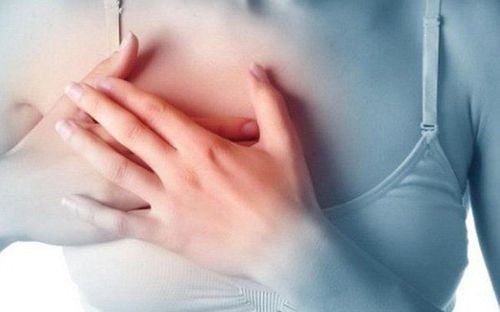
Breast cancer patients are advised to limit their intake of dairy products. Breast cancer is the most common form of cancer and a leading cause of death among women. The disease can present various symptoms, including chest or breast pain, macromastia, lumps in the breast, swollen lymph nodes in the armpit, changes in the skin of the breast, and nipple retraction.
While there is no definitive evidence establishing a direct link between milk consumption and breast cancer, some studies suggest that breast cancer patients should minimize their dairy intake. This recommendation is based on the fact that dairy products typically contain high levels of fat, which may increase the risk of breast cancer recurrence and mortality.
5. Safe use of milk for cancer patients
Because milk can increase the risk of prostate cancer, men should limit their consumption.
Current dietary guidelines recommend 2-3 glasses or cups of milk per day to ensure adequate intake of essential minerals, such as calcium and potassium. However, the ideal intake is no more than two servings of dairy products daily, equating to two glasses of milk.
To reduce the risk of cancer, it's advisable to adopt a balanced, safe, and healthy diet. This includes consuming milk in moderation and prioritizing fresh, whole foods that are free of preservatives and highly processed ingredients. Early cancer screening is an effective way to detect and treat various types of cancer promptly. Vinmec International General Hospital offers a high-tech cancer screening and examination package, which includes genetic testing, imaging diagnosis and testing for biological markers to identify early-stage tumors. A single genetic test can assess the risk of 16 common cancers in both men and women, including( lung, colorectal, breast, pancreatic, cervical, stomach, and prostate cancers).
Why choose the Cancer Screening Package at Vinmec International General Hospital?
- Simple and quick procedures
- Friendly consultations and support, with a convenient examination process
- Comprehensive facilities, including examination and consultation rooms, blood collection areas, a dining room and waiting areas
- A team of highly qualified medical professionals who are dedicated and attentive.
To arrange an appointment, please call HOTLINE or make your reservation directly HERE. You may also download the MyVinmec app to schedule appointments faster and manage your reservations more conveniently.
Article referenced source: Healthline.com




